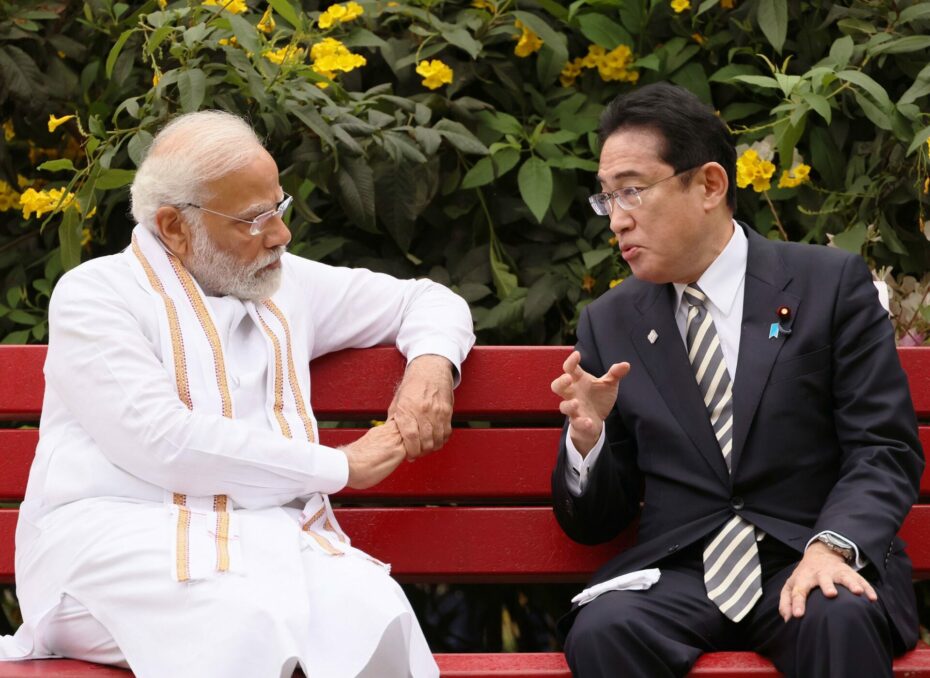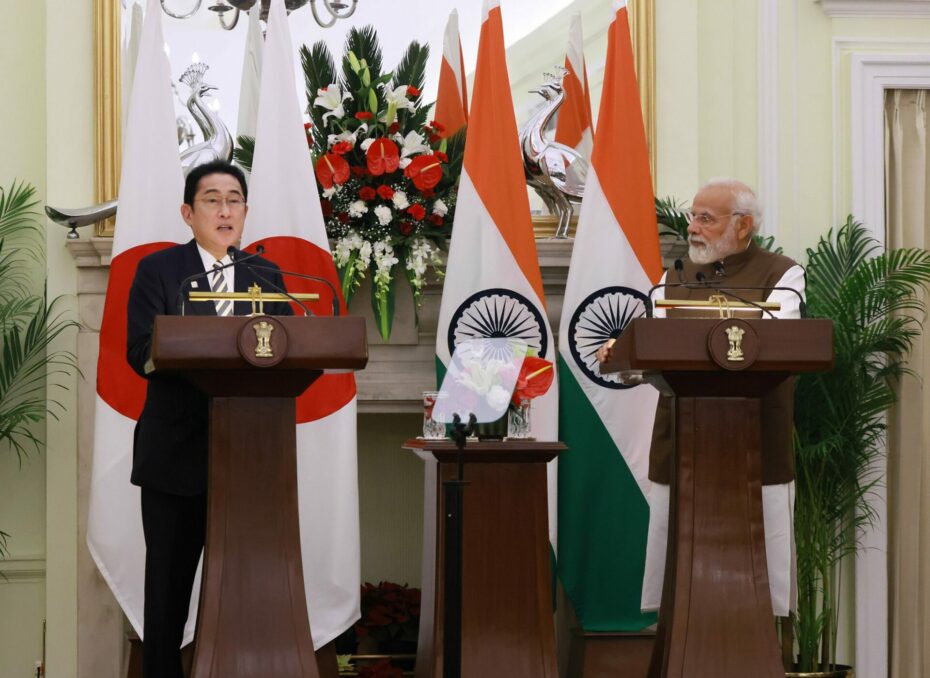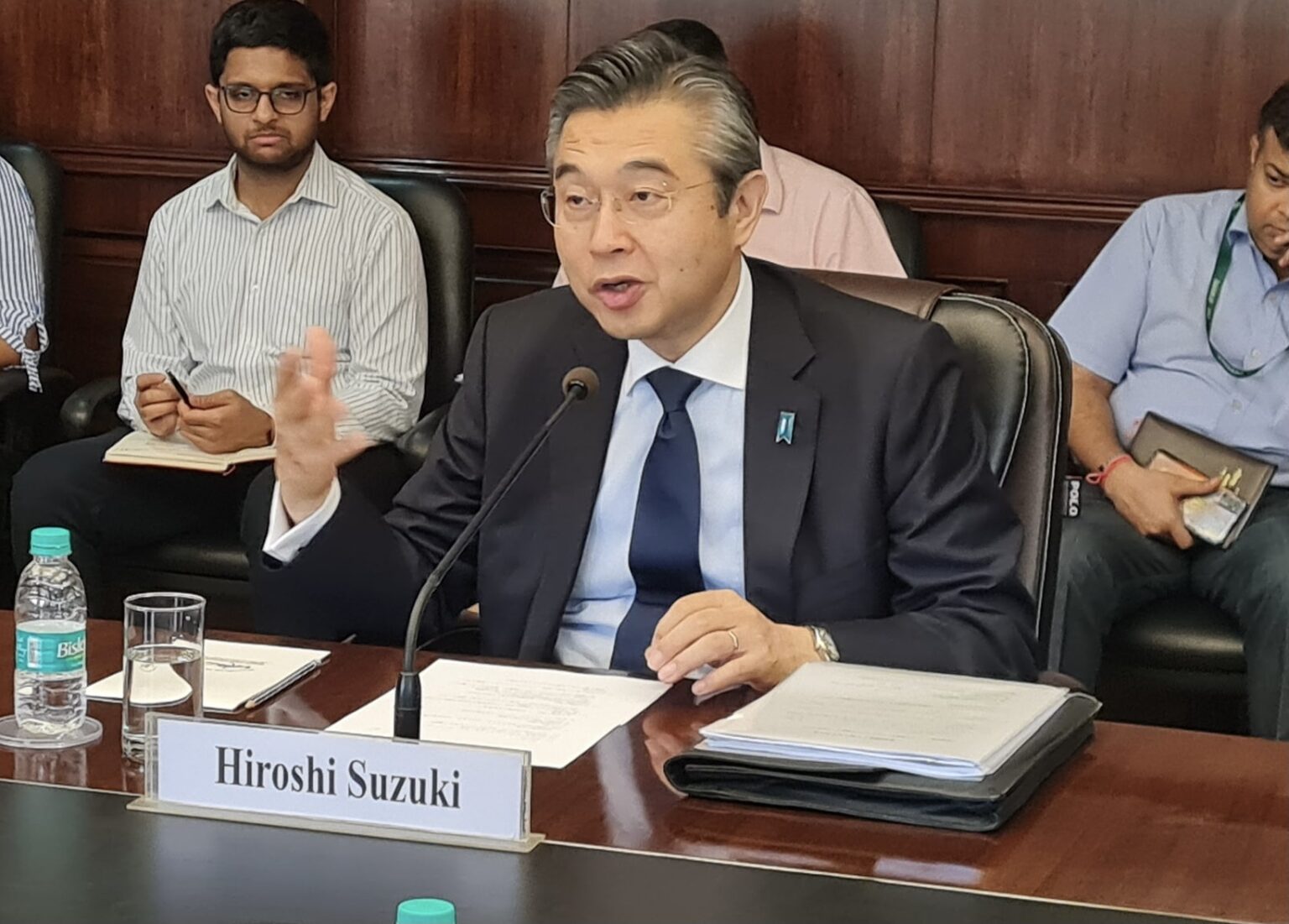Hiroshi Suzuki, the ambassador of Japan explains the reason behind their Prime minister’s invitation to PM Narendra Modi for the G7 Summit.
As Prime Minister Narendra Modi steps on the lands of Japan for the G7 Summit, Japan’s ambassador explains why PM Modi plays a crucial role in this Summit and the amount of progress that can be made through the bilateral meet of the countries in simultaneity with the G7.
With the G7 Summit taking place at Hiroshima, the country looks forward to the inputs from the leaders of G7 as well as other invited countries. With an intent to acquire substantial synergy the ambassador of Japan, Hiroshi Suzuki, threw light on Japan’s hope from India. They believe that PM Narendra Modi in the G7 Summit can build a kinship between the G7 and G20 processes, majorly to address the issues of the Global South, said the ambassador on Thursday.
He also anticipates that the bilateral discussion involving India and Japan will take into account the improvement made from March. Moreover, in an interview the Ambassador spoke of the country’s plan to accomplish mutualism between its development projects in the northeast states of India and Bangladesh, with Matarbari port creating a new industrial value chain.

(Image courtesy: twitter.com)
What does PM Kishida expects from India’s participation in the G7 Summit :
By inviting PM Modi, Kishida, the Prime Minister of Japan, expects that the other leaders of the G7 and the invited countries would have a chance to experience his vision from G7 (Hiroshima) to the G20 Summit. PM Modi can express as the Voice of the Global South as he has perceived the views of more than 100 countries at the Global South Summit in January.
Kishida considers the collaboration of the G7 with the Global South as vital because it might help to take significant actions on major issues and challenges like climate change, sustainable development, health, food crisis, etc. He claims that these are crucial challenges and sympathising towards the Global South Japan should collaborate with it. For all such issues quick and strong actions are required, that’s what PM Kishida believes and therefore to address these issues unity is required because united actions can prove to be more effective.
Eventually, by inviting Prime Minister Narendra Modi, PM Kishida hopes to achieve these aims thus creating a good relation with he country and working for people’s well being at the same time.

(Image courtesy: twitter.com)
Expected outcomes from the G7 summit and the bilateral meet:
The G7 Summit and the engagement discussion of the two countries, on a mutual level, are very important. With the bilateral meeting in conjunction with the G7 Summit, the time for the former is constrained. However when PM Kishida visited India in March, the collaboration of G7 and G20 was his priority with a considerable amount of time for one-on-one discussion.
Kishida expects that the consensual discussion with PM Modi during the G7 Summit will be a way to catch-up and evaluate the progress made since March. In the due course the two leaders will get yet another opportunity to interact with the G20 Summit during September. Thus the G7 creates a great midway point between March and September. Both the leaders therefore, are provided with the opportunity to discuss the progression and provide any political propulsion if needed for further advancement going into the G20 summit in September.













